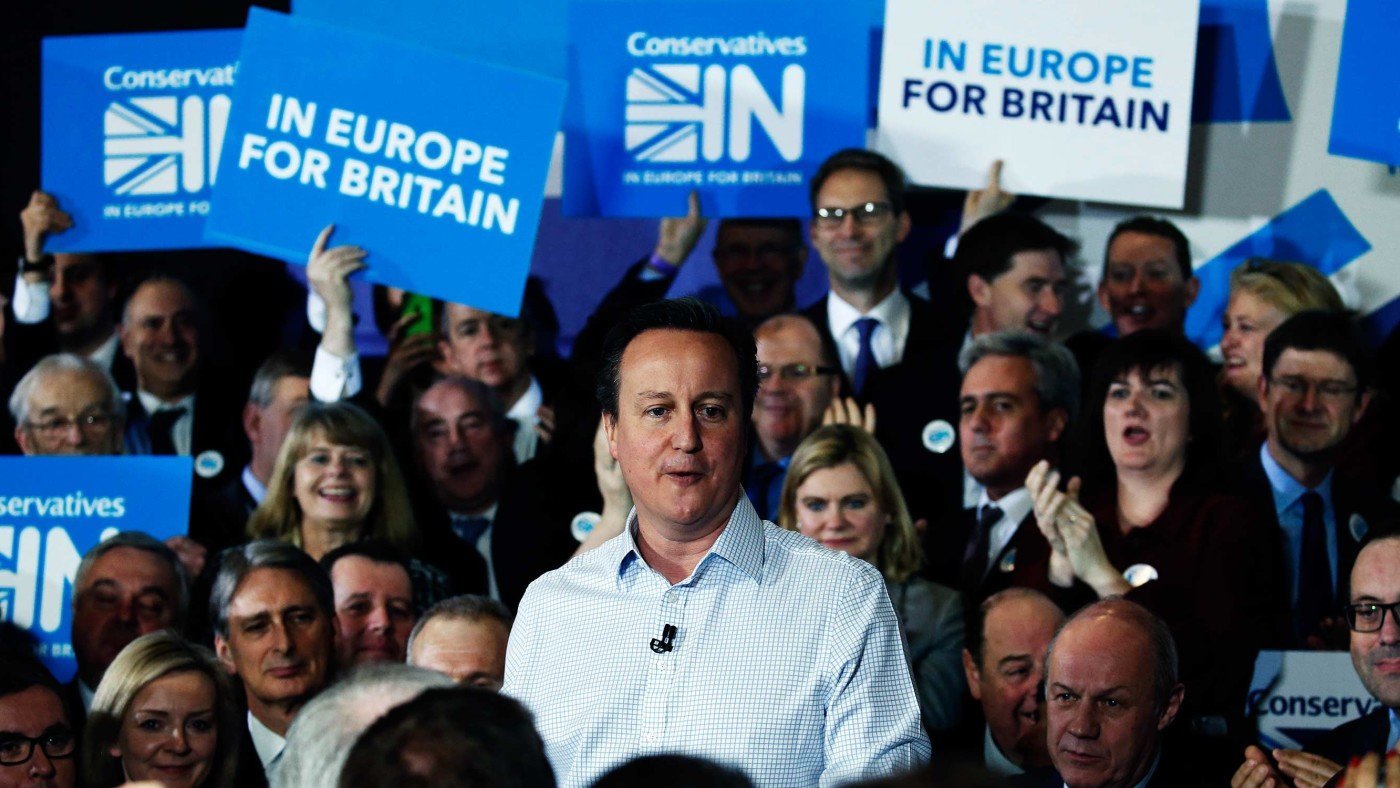I’ve realised that there is a gargantuan misunderstanding at the heart of the referendum debate – a misunderstanding to which commentators and MPs are as prone as anyone else. It concerns the phrase “single market”.
Whether by accident or by design, the authors of the EU’s single market gave it a misleading title. What most people understand by the words “single market” is a free trade area – a zone within which goods, and possibly services, can circulate without barriers. But that isn’t what the EU’s single market is. The EU’s single market is a single regulatory regime. Membership of it doesn’t mean that you can sell your products into it: pretty much the whole world can do that. Membership means, rather, that you accept a common set of technical standards, and that you submit yourself to the ultimate jurisdiction of the European Court of Justice.
When Michael Gove was asked whether a post-EU Britain would remain in the single market, he did his best to explain the difference. Britain, he said, would retain access to the single market, but it would not accept the supremacy of EU law. He was, for what it’s worth, stating the obvious. Britain would find itself in the same position as every other non-EU state in Europe – that is, part of a European free trade area by dint of an intergovernmental treaty. Andorra, Bosnia, the Faroes, Iceland, Jersey, Macedonia, Monaco, Montenegro, Serbia, Switzerland, Turkey – all trade freely with the EU while making their own laws.
It’s true, of course, that leaving the EU would mean that Britain had no formal input into the setting of EU standards. But the flip-side is that we wouldn’t need to apply those standards except when selling to the EU. At present, only six per cent of our businesses export to EU markets; but 100 per cent of our businesses must apply 100 per cent of EU regulations.
For some countries, that trade-off might be worth it. But the UK is one of only two EU states that sells more to the rest of the world than it does to the other 27 members. What’s more, the gap is growing. In 2006, 55 per cent of our exports went to the EU; in 2015, it was 45 per cent. Where will that figure be in 2030?
In any case, rules are increasingly set at a global level, meaning that both the EU and an independent Britain would often end up applying the same standards on, say, banking or food safety as Japan or Canada. The case for being independently represented on global rule-setting bodies, rather than being spoken for by the European Commission, grows stronger as the EU’s share of world GDP shrinks.
Of course, Remain campaigners might argue that, even if the EU is becoming less important, it is still important enough to merit a loss of sovereignty. I disagree with that view, but it’s a legitimate position.
That, though, is not how they responded to Michael Gove. Instead, quite deliberately distorting the meaning of “single market”, they tried to suggest that he was calling for tariffs between the EU and Britain.
“Today we are getting to the heart of the matter,” said George Osborne shortly after Michael Gove had spoken. “We have had the Leave campaign admit this morning that Britain would leave the single market – that is the largest free trade area in the world – that would be catastrophic for people’s jobs, incomes and livelihoods”.
Now the Chancellor must have known that Michael Gove was not saying anything of the kind. The only geographically European states that don’t have unhindered access to EU markets are Belarus and Russia. No one seriously thinks that that would be Britain’s future.
I mention this because I’ve noticed, over the past couple of months, that Remainers like to portray themselves – indeed, like to think of themselves – as moderate sorts resisting populism. But listen to how they talk. Listen to the way they knowingly misrepresent the Leave position, talking down our economy in the process. Listen to the way they threaten us with poverty, wars and ecological calamity – as though these things would somehow follow from a gentle rearrangement of our regulatory regime. Which side is the more hysterical language coming from? Who are the real extremists here?


